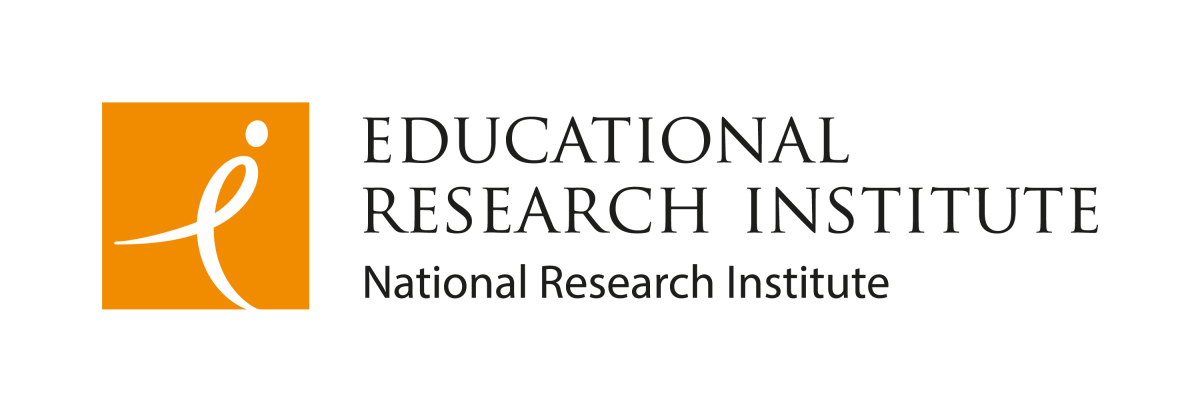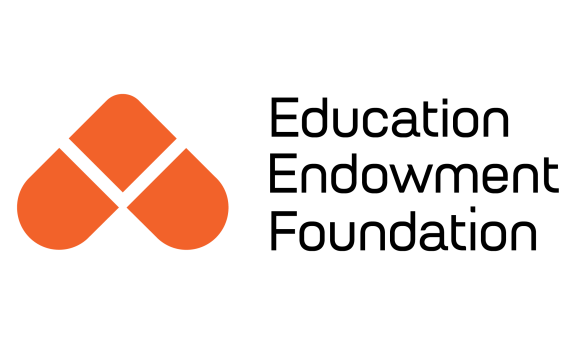Find out more about the members of the Evidence for Education Network.
Educational Research Institute

The Institute of Educational Research, or IBE, is a state research institute based in Warsaw, Poland. It conducts interdisciplinary research in education and lifelong learning to support evidence-based policy and practice.
IBE provides data on the functioning of the education system and promotes effective, evidence-based teaching and learning methods. By integrating scientific knowledge with practice, the Institute supports the alignment of educational curricula and qualifications with social and labour market needs. It prepares policy recommendations for national authorities and develops practical tools for schools and educators.
Welsh government

Since devolution in 1999 the Welsh government has had a strong focus on tackling the socio-economic attainment gap including through targeted funding to schools and educational settings which is aimed at raising the attainment of children and young people from low-income households. Their 2021 – 2026 programme for government includes a commitment to continue their long-term programme of education reform, and ensure educational inequalities narrow and standards rise. Their membership to the EEN forms part of a wider partnership with the Education Endowment Foundation to improve evidence use across the system in support of their education equity strategy.
Leerpunt

Leerpunt is an independent evidence centre set up by the Flemish government to translate and mobilise research evidence on effective teaching methods so that it is actionable for teachers and leaders in Flanders.
The Education Review Office

The Education Review Office (ERO) in New Zealand evaluates the performance and equity of the education system, identifies challenges and finds opportunities for how education can be strengthened. ERO’s Education Evaluation Centre has a dedicated focus on building the evidence base on how to improve education through its work in: understanding how well education delivers for all students; evaluating the effectiveness of initiatives; promoting evidence-based good practice; and identifying emerging challenges. ERO also has a dedicated, specialist group whose focus is on raising outcomes and reducing inequities for Māori students (New Zealand’s indigenous people).
The Netherlands Initiative for Education Research

The Netherlands Initiative for Education Research (NRO) contributes to innovation and improvements in education by coordinating and funding education research and by facilitating the links between educational practice, policy and research.
NRO has three tasks: (1) facilitating the coherency of education research by providing direction at a national level; (2) awarding grants for high quality research; and (3) facilitating knowledge utilisation by improving the links between science and practice.
eBASE Africa

eBASE, based in Cameroon, implements projects with educational stakeholders across the Lake Chad Basin region. They seek to make basic services more effective by ensuring the best available evidence is applied in service delivery. They operate across the evidence ecosystem – evidence implementation, primary research, evidence synthesis, and evidence implementation.
Queen Rania Foundation

QRF works toward a quality education for all children, by identifying educational gaps, designing solutions, and providing data and evidence for decision-making in and beyond the classroom. They aim to transform education in Jordan and the region by working with parents and focusing on the early childhood development of emergent literacy skills, engaging teachers and addressing Arabic literacy teaching and learning in schools, and advocating for the use of evidence in making decisions in and beyond the classroom.
Education Endowment Foundation

The Education Endowment Foundation (EEF) is an independent charity dedicated to breaking the link between family income and educational achievement.
We do this by supporting schools to improve teaching and learning through better use of evidence.
SUMMA

SUMMA are the first Research and Innovation Laboratory for Education for Latin America and the Caribbean. They work to promote social justice by promoting the right to education, with special attention lent to the most disadvantaged and historically excluded groups in society. They improve decision-making in education through the generation, synthesis, adaptation, diffusion and transfer of innovation, knowledge, and quality evidence.
“la Caixa” Foundation

”la Caixa” Foundation, based in Spain, is one of the largest foundations in the world and pursues the implementation of social, charitable, welfare, research, educational and cultural initiatives.
EduCaixa, the education programme within the foundation, offers educational programmes, activities, and digital learning resources with three clear goals: promoting the students’ development of 21st century skills, fostering the professional development of teachers, and generating and mobilising research evidence for schools.
Evidence for Learning

E4L is a non-profit organization committed to ensuring all children throughout Australia, regardless of background, make the best possible learning progress. They do this by improving the quality, availability, and use of evidence in education and collaborating with education researchers, policy makers, systems leaders, educators, professional learning providers, philanthropists, and the wider community.










